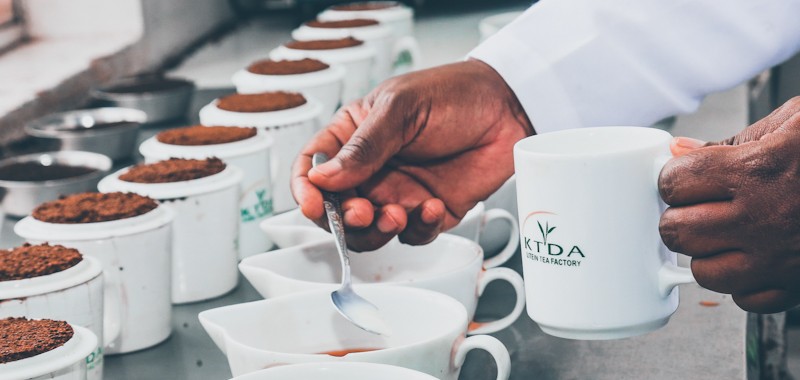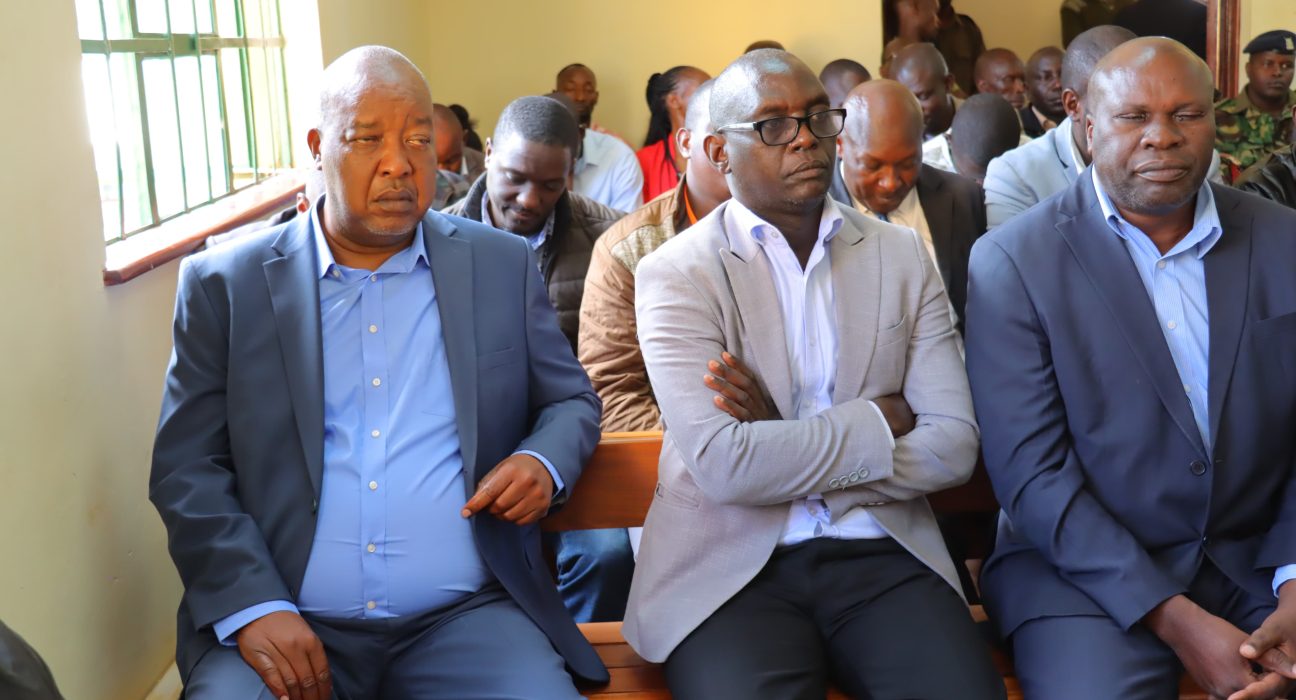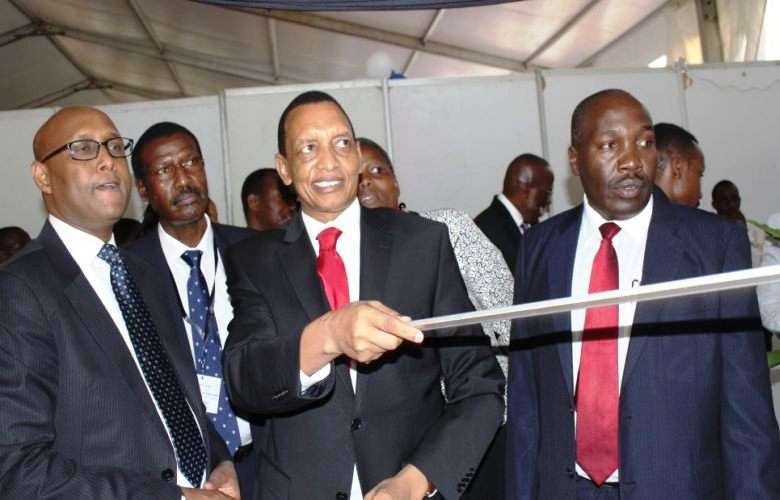The farmers complained that representation within KTDA is heavily skewed against the West of Rift region, with no director effectively advocating for their interests. They further called for the immediate implementation of an audit report conducted by the Tea Board of Kenya, insisting that individuals found to have mismanaged farmers’ funds should be arrested and prosecuted
By The Weekly Vision Reporter
The National Assembly Committee on Agriculture and Livestock has begun an inquiry into tea pricing in Kenya following significant discrepancies in bonus rates paid to farmers east and west of the Rift Valley.
Two committee delegations conducted field visits to tea factories in both regions early this week to gather comparable data and establish the reasons behind the wide gap in bonus payouts. One delegation, led by committee chairperson John Mutunga (Tigania West), visited Motigo Tea Factory in Bomet County. Farmers from Zone 9 factories demanded an urgent restructuring of the Kenya Tea Development Agency (KTDA), which they accused of being the primary cause of their hardships.
The farmers complained that representation within KTDA is heavily skewed against the West of Rift region, with no director effectively advocating for their interests. They further called for the immediate implementation of an audit report conducted by the Tea Board of Kenya, insisting that individuals found to have mismanaged farmers’ funds should be arrested and prosecuted.“The audit report clearly reveals corruption and mismanagement by our directors. They made major decisions, including land purchases, without farmers’ consent.
Millions of shillings are being misappropriated through inflated allowances. We urge investigative agencies to act and ensure those responsible are held accountable,” said Josiah Kerich, a tea farmer from Kapkoros. Farmers also highlighted the rising cost of production and persistently low bonuses, which they say have left many unable to pay school fees or meet basic family needs.“We have no other source of income, tea is all we depend on. Being paid a bonus of just KSh 13 per kilogram is an insult. We cannot even afford food or pay workers who pluck the leaves,” said Zeddy Mausa, another farmer. Committee chairperson John Mutunga assured the farmers that the inquiry aims to deliver lasting solutions, noting that tea remains Kenya’s leading foreign exchange earner. He expressed concern that some farmers are uprooting tea bushes, a crop that takes seven years to reach optimal production, due to unsustainable returns.
Meanwhile, Kapkoros Group of Companies chairperson Robert Rono urged the immediate implementation of the 2023 Management Services Agreement between factory companies and KTDA Management Services Ltd. He complained that board members are routinely excluded from critical decisions on inter-factory loans, bulk procurement, and performance monitoring. Rono also accused the Tea Board of Kenya of regulatory failure and failing to create a level playing field, pointing out that private tea processors operate without proper licences and are not bound by minimum reserve prices at auction, unlike KTDA-affiliated factories.
The committee delegation also visited the Tea Research Institute (TRI), where Director Lilian Kerio explained that differences in tea quality, and consequently bonuses, are influenced by factory-level policies, rainfall patterns, climate change, and even the state of access roads. Dr Kerio, however, lamented chronic underfunding, noting that the institute receives no direct government allocation and the tea levy provided for under the Tea Act, 2020, has yet to be operationalised. Separately, the second delegation, led by vice-chairperson Brighton Yegon (Konoin), visited Michimikuru and Rukuriri tea factories in Meru and Embu counties. The teams were also scheduled to meet additional farmers in Nyamira, Murang’a, and Kiambu counties.





